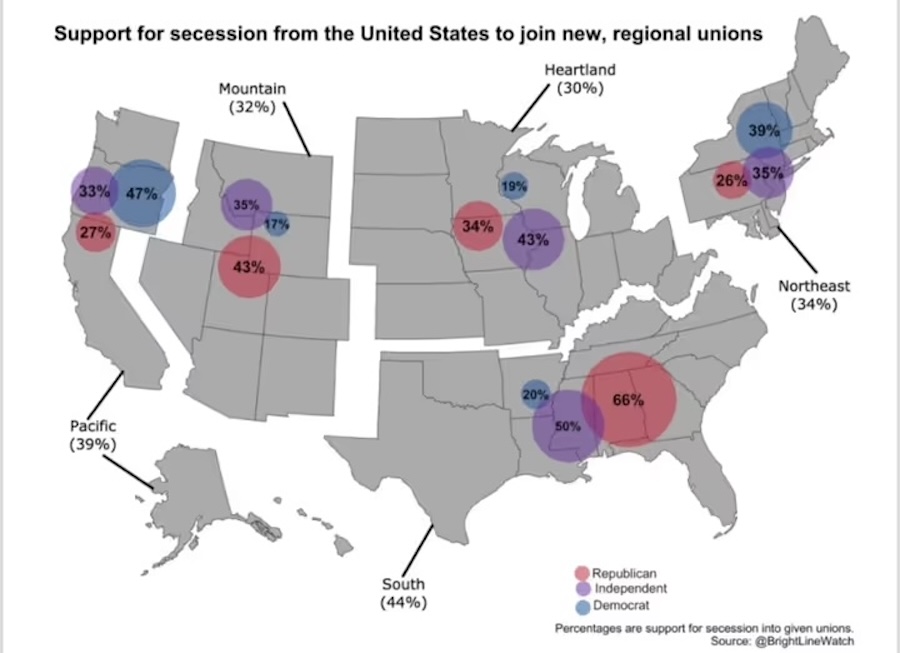New York State Senator Liz Krueger recently stirred up controversy with a proposal that veers between ambitious and outright fanciful: a call for northeastern states to secede from the United States and join Canada. The Democratic lawmaker, who chairs the New York State Senate Finance Committee, floated the idea in response to Donald Trump’s return to the White House. Labeling it a way to “think outside the box,” Krueger framed her suggestion as a solution to what she sees as an unworkable political climate under Trump’s second term. Critics, however, have been quick to dismiss her proposal as less of a practical policy and more of a performative gesture.
Krueger envisions New York, Massachusetts, Vermont, and Connecticut banding together to become Canada’s newest province, claiming the region’s progressive values align better with Canadian politics than with Trump-era America. While the notion of joining Canada may have been intended as a symbolic rejection of Trump’s presidency, it has sparked a mix of ridicule and skepticism. The concept, while bold, seems more like a political stunt designed to grab headlines than a serious strategy for addressing political divides.
In a September interview, Krueger acknowledged the hurdles to such a move, pointing out that Canada hasn’t exactly rolled out the red carpet for American states. She cited feedback—albeit informal—from Canadian officials who reportedly expressed reservations about such a merger. Despite this lukewarm response, Krueger pressed on, insisting that a coalition of northeastern states would blend seamlessly with Canada’s political culture. However, her optimism conveniently ignores recent Canadian polling, which suggests a Conservative Party poised to unseat Justin Trudeau’s Liberal government, raising questions about whether Canada’s political climate is as progressive as she assumes.
Krueger also touted the idea as a way to align with shared liberal values, arguing that most residents in the proposed coalition are Democrats who would mesh well with Canada’s policies. Yet, even within her own party, skepticism abounds. The legal, cultural, and logistical challenges of integrating multiple U.S. states into Canada are immense, to say nothing of the fact that the U.S. Constitution and Canadian law would both likely throw up roadblocks. The senator’s suggestion that the plan is “sellable in Ottawa” may reflect more of her wishful thinking than any genuine consensus.
While Krueger’s comments may play well with a progressive audience frustrated by Trump’s presidency, they lack the depth and realism needed for serious policy discussion. Her idea, however “outside the box,” seems destined to remain a rhetorical flourish rather than a concrete political proposal. As debates about federalism and state autonomy continue, Krueger’s gambit is likely to fade into the background, remembered more as a quixotic protest than a viable plan for change.

